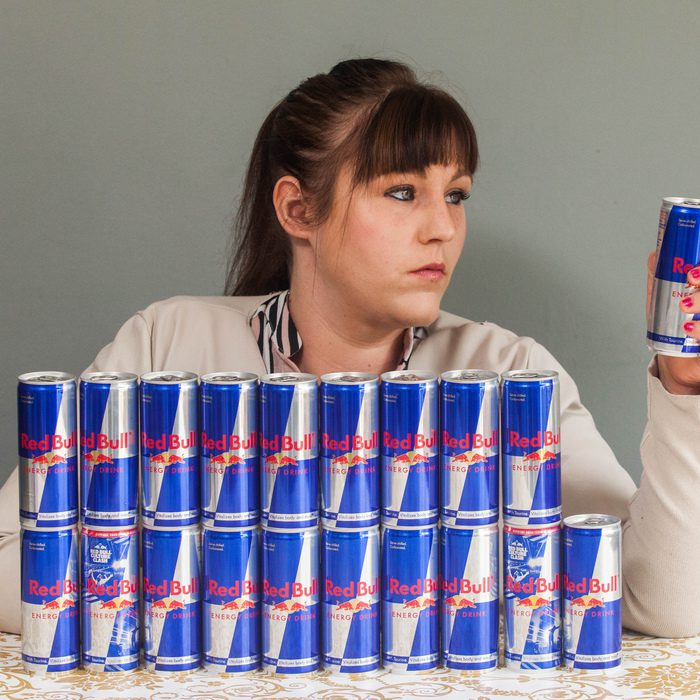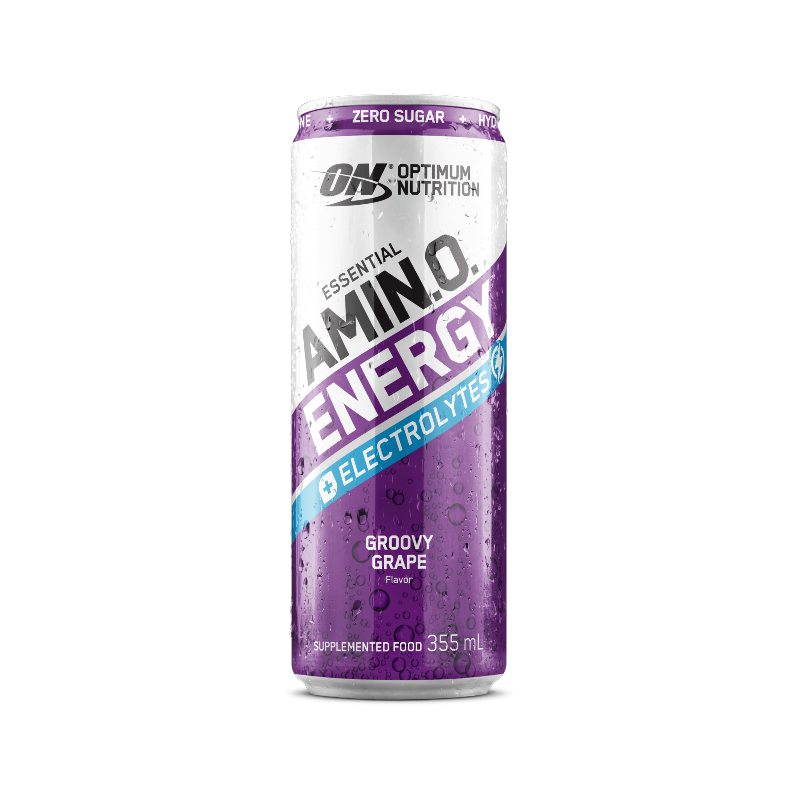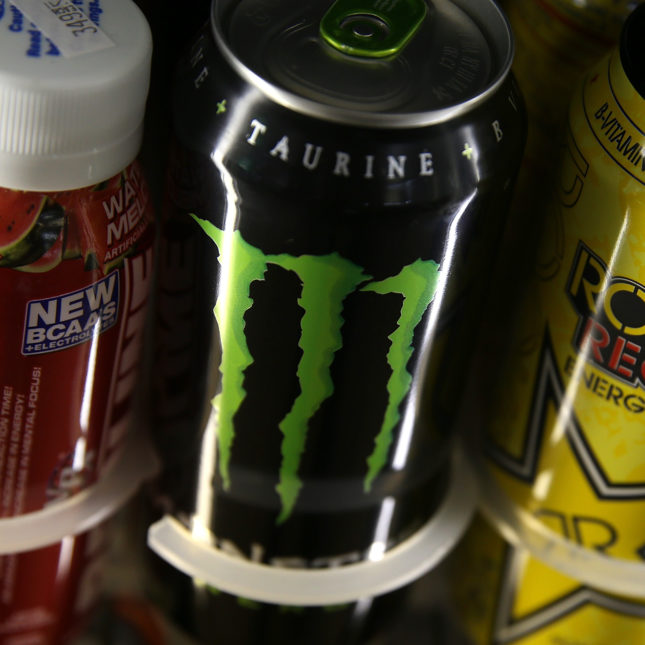The Rise of Energy Drink Popularity
Addicted to energy drinks! Energy drinks have surged in popularity over recent years. Ads portray them as a quick fix for fatigue. Vibrant marketing targets everyone from athletes to gamers. People feel they need an extra boost, and energy drinks promise this. Numbers show a trend: many are getting hooked, especially the young. They are drawn by the allure of instant energy. Consumption rates are climbing. Yet, few recognize they might be getting addicted to energy drinks.

Some pull all-nighters, relying on these beverages. Others use them to get through sluggish afternoons. They’re everywhere – from stores to vending machines. Energy drinks have woven into the social fabric. They’ve become a staple at parties, study sessions, and workspaces. The result? A rise in those who use, and eventually, become dependent on them. We need to ask why energy drinks are so captivating. It’s vital to understand the root of their appeal. Knowing this, we can start addressing the challenge of addiction.
Understanding Energy Drink Addiction
Becoming addicted to energy drinks unfolds easily and often unnoticed. On the surface, these drinks are a simple solution for tiredness. Yet they hold addictive properties similar to other stimulants. The main culprit? High doses of caffeine. This ingredient offers the key punch in these beverages. It causes quick spikes in energy and alertness. But this leads to a cycle of highs and lows in one’s body. The more you drink, the more you need to achieve the same effect.
People also become psychologically dependent on energy drinks. They believe they cannot function without their daily dose. This belief strengthens the addiction. Over time, the body craves more to feel ‘normal.’ Social factors fuel this addiction. For instance, colleagues at work may bond over shared energy drinks. Or students may see energy drinks as necessary for study marathons. Such scenarios make quitting harder.
Knowing the signs of addiction helps. Look for craving more than one drink a day or feeling sluggish without them. These are red flags. Addiction can also show in irritability, restlessness, or difficulty concentrating without an energy drink. Recognizing these signs is the first step to overcoming addiction. Coupled with a will to stop, it can lead one to seek healthier alternatives and strategies to quit.

Health Risks Associated with Excessive Consumption of Energy Drinks
The dangers of becoming addicted to energy drinks extend beyond dependency. Excessive consumption poses serious health risks. Regular, high intake can lead to significant medical issues.
Here are some risks linked to excessive energy drink use:
- Heart complications: High levels of caffeine can increase heart rate and blood pressure. This can cause arrhythmias and other heart-related problems.
- Sleep disorders: Energy drinks can disrupt sleep patterns. They may lead to insomnia or poor sleep quality. Over time, this harms overall health.
- Anxiety and nervousness: Too much caffeine can make you feel anxious. It can also bring on nervousness or episodes of panic.
- Digestive issues: Energy drinks can irritate the gastrointestinal tract. They may cause nausea, vomiting, and diarrhea.
- Nutritional deficiencies: Relying on energy drinks can lead to poor nutrition. They often replace healthier drinks like water or natural juice.
- Dehydration: The diuretic effect of caffeine can lead to dehydration. This is dangerous, especially when combined with physical activity.
- Addiction and withdrawal: High caffeine levels can lead to physical dependence. Cutting back can then trigger withdrawal symptoms. These include headaches, fatigue, and irritability.
Understanding these risks is crucial. If you find yourself addicted to energy drinks, consider these health implications seriously. It may motivate you to seek alternatives and to start breaking the addiction cycle.

Psychological and Physical Dependence on Energy Drinks
The dependence on energy drinks often has both psychological and physical dimensions. On the psychological front, the reliance is powerful. People convince themselves that energy drinks are essential for their daily functioning. This belief is strong among those with demanding lifestyles. They see these drinks as a lifeline for long hours of work or study.
Physically, the body adjusts to the high levels of caffeine. Over time, it requires more to feel alert or energized. This tolerance leads to increased consumption. It also heightens the risk of experiencing withdrawal symptoms when trying to cut back.
Here are key points to note about dependence on energy drinks:
- Mental fixation: Users often develop a mindset that they ‘need’ an energy drink to perform well.
- Tolerance: As tolerance builds, more of the drink is needed to feel the same effects.
- Withdrawal: Reducing intake can cause symptoms like headaches, fatigue, and irritability.
- Routine consumption: It becomes a daily habit, setting the stage for continuous dependency.
- Social reinforcement: Seeing peers consume energy drinks can reinforce one’s own habit.
Recognizing the signs of psychological and physical dependence is crucial for tackling addiction. The grip of energy drinks is not merely about taste—it’s about how they make one feel, both mentally and physically. If you are seeking to overcome an addiction to energy drinks, it is important to address both aspects of dependence. Only by acknowledging and confronting these challenges can one start on the path toward recovery and healthier living.
Strategies to Quit Energy Drink Addiction
Are you determined to quit energy drinks? Here’s how you can start:
- Set a Goal: Decide to reduce your intake step by step. Avoid going cold turkey. Slowly wean yourself off them.
- Find Substitutes: Replace energy drinks with healthier options. Try green tea, herbal teas, or just plain water.
- Regular Sleep: Make sure you get enough sleep. Aim for 7-8 hours each night. A rested body craves less caffeine.
- Nutrient-Rich Diet: Eat foods high in energy and nutrients. Focus on fruits, vegetables, whole grains, and proteins.
- Stay Hydrated: Drink plenty of water. Dehydration makes you feel tired. Drinking water helps maintain energy levels.
- Exercise Regularly: Exercise can boost energy naturally. Incorporate regular physical activity into your routine.
- Manage Stress: Learn stress-management techniques. Meditation and breathing exercises can help keep you calm without caffeine.
- Support Network: Share your goals with friends or family. Seek support from groups with similar goals.
- Monitor Progress: Keep track of your success. Celebrate milestones without energy drinks.
- Be Patient: Overcoming addiction takes time. Don’t get discouraged. Increase your willpower every day.
Breaking free from being addicted to energy drinks might be challenging, but it’s rewarding. Implement these strategies consistently. They can guide you towards a healthier lifestyle free from energy drink addiction.
Alternatives to Energy Drinks: Healthy Ways to Boost Your Energy
Seeking out healthy alternatives to energy drinks is critical for those looking to kick the habit. People addicted to energy drinks often seek them out for instant energy boosts. But there are healthier ways to achieve similar results. Let’s look at some options that can provide natural and sustained energy without the harmful side effects of excessive caffeine intake.
- Stay Hydrated with Water: Your body needs water to function at its best. Dehydration can cause fatigue. Drinking water throughout the day keeps energy levels up.
- Balanced Diet: Foods rich in vitamins, minerals, and good fats offer lasting energy. Include fruits, veggies, whole grains, and lean proteins in your meals.
- Natural Juices and Smoothies: They provide nutrients and a quick energy lift. Choose those with low sugar content for the best benefits.
- Regular Exercise: Active people have more energy. Even a short walk can increase your alertness and stamina.
- Adequate Sleep: Lack of sleep can make you reach for an energy drink. Aim for 7-8 hours of quality sleep to help stay alert during the day.
- Mindfulness and Meditation: These practices can clear the mind. A calm mind is more focused, reducing the need for external stimulants.
- Green Tea: It has less caffeine than energy drinks. Plus, it’s packed with antioxidants that promote overall health.
- B Vitamins: These are energy-supporting nutrients. Take them through diet or supplements to maintain steady energy levels.
Choosing these alternatives can decrease your reliance on energy drinks. They provide a safer, more stable way to stay energized throughout the day. Remember, swapping to healthy habits is a gradual process. It takes time to let go of energy drink addiction. But in the long term, these practices are more beneficial for your energy levels and overall health.
Success Stories: How Others Have Overcome Energy Drink Addiction
Hearing about others who have been addicted to energy drinks and overcame it can be inspiring. Success stories provide hope and practical tips for those struggling. They show that breaking the habit is achievable. Here we highlight a few stories that might motivate you.
- Paul’s Journey: Paul was a college student who drank several energy drinks each day. He felt he needed them to keep up with his studies. Realizing the addiction, he switched to green tea and water. He also improved his sleeping habits. Gradually, he stopped craving energy drinks.
- Maria’s Transformation: Working long hours in tech, Maria relied on energy drinks. It led to anxiety and sleep issues. She began practicing yoga and adopted a nutrient-rich diet. It wasn’t easy, but her perseverance paid off. She is now free from her addiction.
- Alex’s Approach: As a gamer, Alex drank energy drinks to stay alert. But the health risks scared him. He cut back slowly and started exercising. He replaced energy drinks with smoothies. Today, he maintains his energy naturally.
- Sara’s Strategy: Sara, a nurse, used energy drinks to work night shifts. She knew it was bad for her health. With support from her family, she set a goal to quit. Sara made incremental changes. She has now switched to herbal teas and gets better sleep.
Each story shares a common thread: recognizing the problem and taking proactive steps. They found healthier habits and made gradual shifts. Their success was not overnight, but they stayed committed. If they can do it, so can you. Let these stories guide your journey away from energy drink dependence.
The Role of Support Systems in Breaking the Addiction
Breaking an addiction to energy drinks is tough to do alone. Support systems are key. They provide motivation and guidance when quitting. Family, friends, and recovery groups can all act as a pillar of support.
- Family and Friends: They care about your health. Share your goals with them. They can help monitor your intake. They can encourage you to choose healthy alternatives.
- Professional Help: Doctors and nutritionists can offer advice. They have the expertise to suggest diet changes. They can help manage withdrawal symptoms too.
- Online and Community Support Groups: Many find solace in shared experiences. Meeting others who are also quitting can inspire. These groups offer a space to discuss challenges and solutions.
- Workplace Wellness Programs: Some employers provide health programs. These may include quitting addictions. Ask if your workplace offers such support.
- Counseling and Therapy: Sometimes, underlying issues drive addiction. Therapists can address these problems. They can help develop coping strategies without relying on caffeine.
Your support system can keep you on track. They can celebrate your wins. They assist in facing setbacks. Don’t hesitate to reach out for help. Remember, overcoming addiction to energy drinks is easier with a team backing you up.
